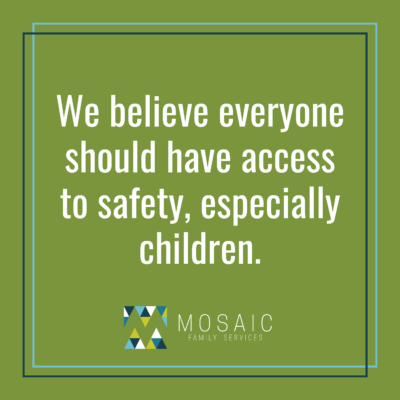
In February, The New York Times published a story exposing the labor exploitation of migrant children across the United States. This investigation revealed that hundreds of immigrant children are being overworked in unsafe conditions across the country.
Some migrant children arrive in the United States after fleeing unrest or violence in their home countries. Some migrant children arrive in the United States expecting to continue their education and achieve the American dream. Regardless of the varied conditions that bring these children to the United States, the NYTimes article exposed that far too many are vulnerable to a similar outcome: child labor. Tragically, multiple systems meant to protect migrant children have failed too many of these children, as illustrated in The New York Times story. We encourage everyone to read the article to hear the stories of immigrant children working in factories, restaurants, and warehouses across America.
At Mosaic, we believe safety is a human right. We believe everyone should have access to a safe home, especially children. We are devastated that thousands of children, if not more, have been subjected to child labor and labor trafficking across the U.S. We’re hopeful that this NYTimes article brings about needed change to the broken systems that are failing to protect children.
Despite these tragic circumstances, there is hope. There are options for child labor trafficking survivors. Survivors like Mia, a former Mosaic House resident. Mia came to Mosaic House after being subjected to child labor trafficking. Mia celebrated her 18th birthday while living at Mosaic House; she has since graduated from our transitional housing program and has secured safe housing while also working to achieve some of her personal goals. Despite the trauma and abuse she suffered at a young age, Mia is resilient, strong, and capable of creating a successful and fulfilling life for herself.
We are proud and grateful to walk alongside survivors like Mia to give them the support they need to rebuild their lives.
